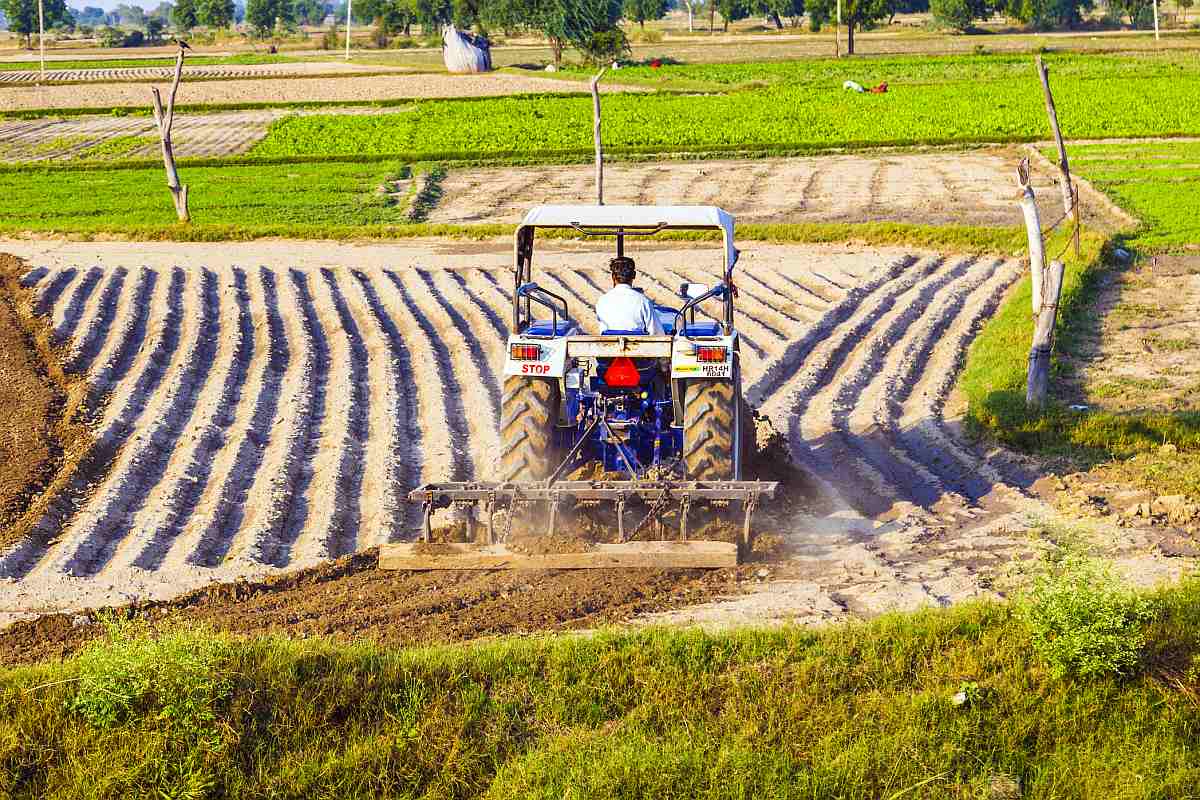Person days in MGNREGS increase 76 pc in last 10 years
As per government data, this is a 76 per cent increase in the last decade, from 1,660 crore generated between FY 2006-07 to FY 2013-14.
Centre mulls policy to ensure that farmers directly get benefits meant for them.

Representation image [Photo: iStock]
Union Minister of State for Agriculture and Farmers Welfare Parshottam Rupala today said that although the Union government has provided subsidy to seven crore eligible farmers across the country under the Pradhan Mantri Kisan Samman Nidhi (PM-KISAN) scheme, not a single farmer from West Bengal has benefited from it.
Speaking at a session on ‘Agricultural and Rural Development: Challenges and Possibilities’ organised by Calcutta Chamber of Commerce, Mr Rupala said the Centre is mulling over the formulation of a policy to ensure that the benefits meant for the farmers are transferred to them directly.
“Agriculture is a state subject and the state must cooperate with the Centre in our federal structure so that the farmers can avail of all the facilities. The Centre is mulling over developing a roadmap so that benefits available under various schemes can be directly transferred to the farmers,” the minister said.
Advertisement
Talking about the importance of organic farming, he said that the demand for organic food items has increased considerably owing to the threat posed by chemical fertilisers and pesticides and this rising demand can be met only by India as it has necessary agro-infrastructure and hospitable climate.
“The real problem of the agriculture sector of our country is the scarcity of cultivable land. In countries like the USA, even the smaller farmlands measure 5,000 acres. But in India, about 85 per cent of the farmers are small and marginal farmers for whom agriculture is not only a method of production of crops but also a means of survival. It is our responsibility to ensure that these farmers retain their fields,” said Rupala.
He also highlighted a host of schemes such as e-NAM, Soil Health Card, Pradhan Mantri Fasal Bima Yojana (PMFBY) introduced by the Union government. He also pointed out the important role played by cattle and cows in an agrarian economy like India.
“India’s agriculture production has been increasing on an average at about 3.6 percent annually since 2011, sustained by improved access to fertilisers and seeds, as well as better irrigation and credit coverage. The sector has diversified from grains towards pulses, fruits, nuts, vegetables and livestock products, largely driven by evolving demographics, urbanisation and changing demand patterns. However, the declining size of landholding not only brings farm size to unviable levels but also makes it difficult to take advantage of mechanisation. A sound mechanism needs to be put in place so that small and marginal farmers are able to access funds,” said Madhav Prasad Sureka, the president of Calcutta Chamber of Commerce at the event.
Jitendra Lohia, president of Association of Corporate Advisers and Executives, said that agriculture has now become a knowledge-intensive sector and e-commerce can play a pivotal role here.
Advertisement